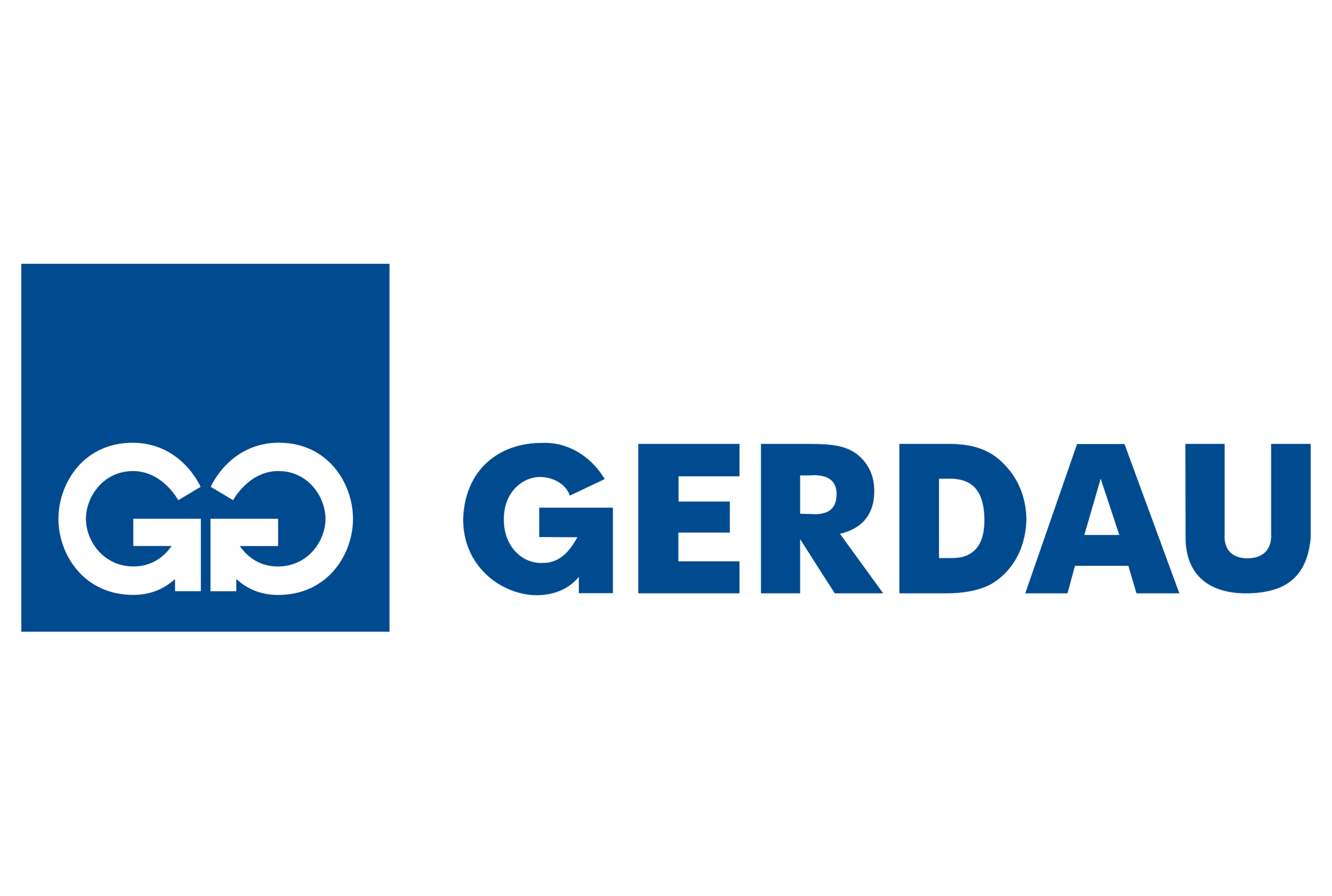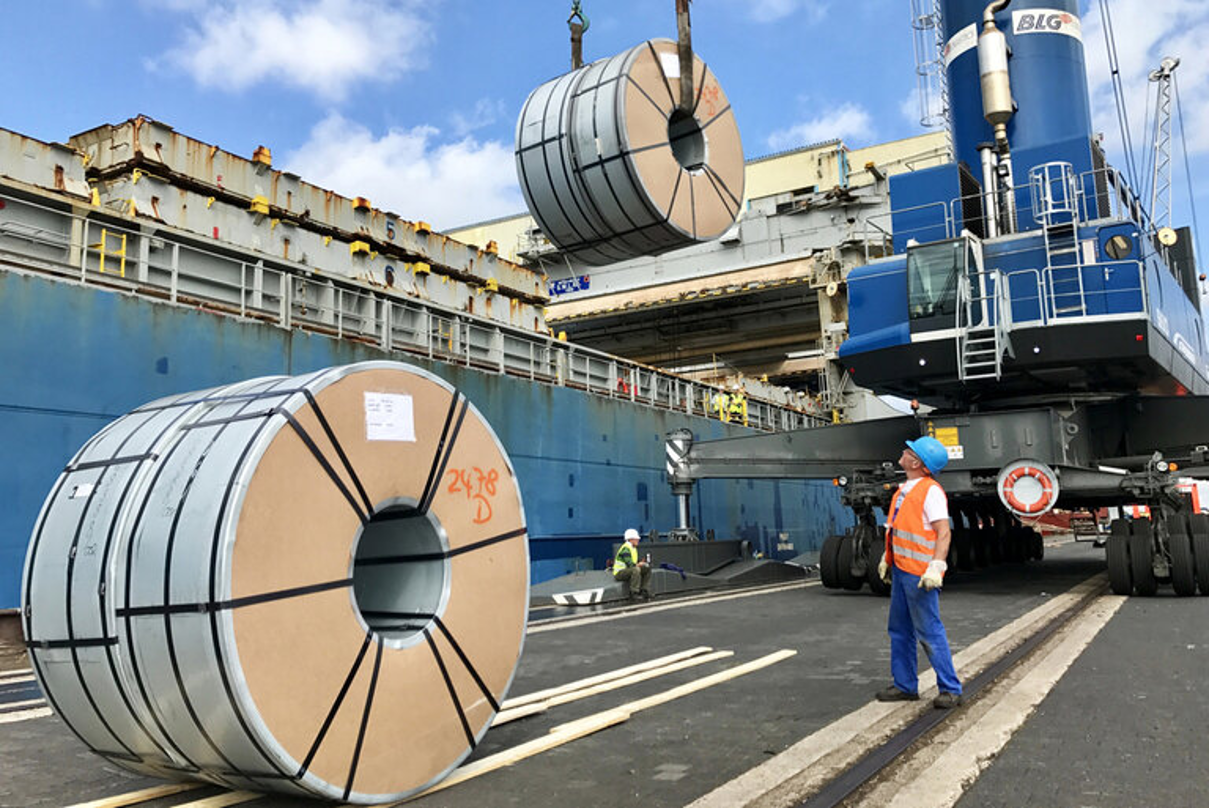Canada

September 13, 2024
Update on CORE steel trade case and dates to watch
Written by Laura Miller
The unfair trade petitions filed last week against imports of corrosion-resistant (CORE) flat-rolled steel are set to be big in terms of their size, scope, and potential impacts on the market.
What’s been happening
Four domestic steelmakers and the United Steelworkers (USW) union petitioned the US government on Thursday, Sept. 5, seeking relief from what they say are illegally dumped and subsidized imports of coated steel.
Steel markets reacted quickly to the news of US mills’ extensive claims of unfair trade by 10 different countries and the threat of potentially heavy levies on CORE shipments destined for the US market.
We’ve heard multiple reports of foreign mills and traders pulling offers, as well as increasing order inquiries at some domestic mills. SMU Managing Editor Michael Cowden laid out some of the impacts already being felt in his Sept. 10 Final Thoughts.
As one trader put it in SMU’s survey this week: “The new trade case put a stop to” buyers’ appeal for imported galv products.
Another trader confirmed that “coated is on hold, pending the outcome” of the case’s preliminary duty determinations (see key case dates below).
Still, another trader noted that imports remain attractive, but only from “non-section 232 and trade investigation countries.”
News of the case filings was enough to halt one Houston-based trader from moving forward with a deal to buy galvanized products from the UAE. He told SMU his Dubai contacts have stopped offering material for the time being, and he is now looking for alternative sources.
Key case dates
SMU has compiled a list of key case dates to watch out for below. All are dependent on affirmative decisions that continue moving the cases forward.
The two main agencies involved in making these determinations in US trade cases are:
- The International Trade Commission (ITC), which decides whether the imports in question have “injured” domestic producers.
- The Department of Commerce (DOC). If the ITC makes an affirmative injury determination, the DOC must then establish the duty margins.
Wednesday, Sept. 25, is the next big date to watch. That’s when Commerce will decide whether or not to initiate the respective AD/CVD cases against each of the ten countries.
Note that Commerce can postpone preliminary determinations in AD and CVD cases by 50 and 65 days, respectively. The agency often does this in large and complicated cases. Thus, the dates below are anticipated but not definitive. Stay tuned to SMU for case updates and schedule changes in the coming months.
| Event | Date or deadline |
|---|---|
| AD and CVD petitions filed | Sept. 5, 2024 |
| DOC decision on case initiation | Sept. 25, 2024 |
| ITC preliminary hearing | Sept. 26, 2024 |
| ITC preliminary vote | Oct. 18, 2024 |
| ITC preliminary AD and CVD injury determinations | Oct. 21, 2024 |
| DOC preliminary CVD determination (A postponement would push to Feb. 2, 2025) (Collection of CVDs begins on the date this decision is published in the Federal Register.) | Nov. 29, 2024 |
| Deadline for allegations of critical circumstances in CVD case | Jan. 22, 2025 |
| DOC preliminary AD determination (A postponement would push to Apr. 3, 2025) (Collection of AD duties begins on the date this decision is published in the Federal Register.) | Feb. 12, 2025 |
| DOC final CVD determination | Feb. 12, 2025 |
| ITC final CVD injury determination | Mar. 31, 2025 |
| DOC issues CVD order | Apr. 7, 2025 |
| Deadline for allegations of critical circumstances in AD case | Apr. 7, 2025 |
| DOC final AD determination | Apr. 28, 2025 |
| ITC final AD injury determination | June 12, 2025 |
| DOC issues AD order | June 19, 2025 |
Duty collection start dates and critical circumstance allegations
US Customs and Border Patrol (CBP) typically begin collecting duties when Commerce publishes its preliminary AD and CVD determinations in the US government’s Federal Register.
However, AD/CVD laws include a ‘critical circumstance’ provision meant to offset possible surges in imports between the case filing and duty collection dates. If petitioners make claims of critical circumstances and their claims are verified, duties can be applied retroactively for 90 days.
CORE case petitioners have until Jan. 22, 2025, to make claims of critical circumstances in the subsidy case, and April 7, 2025, for claims in the dumping case.
If claims of critical circumstances are verified, duties can be applied retroactively 90 days. That means the CPB could begin collecting CVDs on CORE material that entered the country as early as Aug. 31, and ADs as early as mid-November.
Period of investigation
For the investigation of Vietnam, the case will consider the alleged subsidies received in the first half of 2024, from Jan. 1 through June 30.
For the investigations of all the other countries – Australia, Brazil, Canada, Mexico, the Netherlands, South Africa, Taiwan, Turkey, and the UAE – the one-year investigation period will be from July 1, 2023, through June 30, 2024.
Be on the lookout for an analysis of coated steel import levels leading up to and during the periods of investigation in an upcoming issue of Steel Market Update.
A couple of notes on case participants
The petitioners that submitted the original petitions include Steel Dynamics Inc. (SDI), Nucor, U.S. Steel, Wheeling-Nippon Steel, and the USW union.
It’s important to mention that Nucor did not join the petitions on CORE from Mexico.
“Nucor does not comment on pending litigation matters,” a spokeswoman said. But you may remember, or even do business with, the Nucor-JFE Steel Mexico joint venture in Silao, Guanajuato. The JV started up a new continuous galvanizing line there in 2020. The JV has an annual production capacity of 400,000 short tons of hot-dip galvanized steel sheet for the automotive market. A new continuous galvanizing line began operating there in 2020.
It’s also important to point out that U.S. Steel, Wheeling-Nippon, and the USW have taken “no position on Canada,” according to USS’ Nov. 5 statement after the case’s filing.
You may also recall that the USW has 850,000 members in North America, including 225,000 in Canada, so it makes sense why it might want to sit that one out.
Sept. 18 is the deadline for other interested parties to register with the ITC in order to participate in the investigations.
Other interested parties who have already filed to participate include AM/NS Calvert, Algoma Steel, ArcelorMittal Dofasco, BlueScope Steel, Bluescope Steel Americas, Cleveland-Cliffs, Duferco Steel, Duferco Steel Processing, and Stelco. The federal government of Canada and provincial government of Ontario also plan to take part.
Please contact laura@steelmarketupdate.com if you would like to share any information about this case or the coated steel markets.







